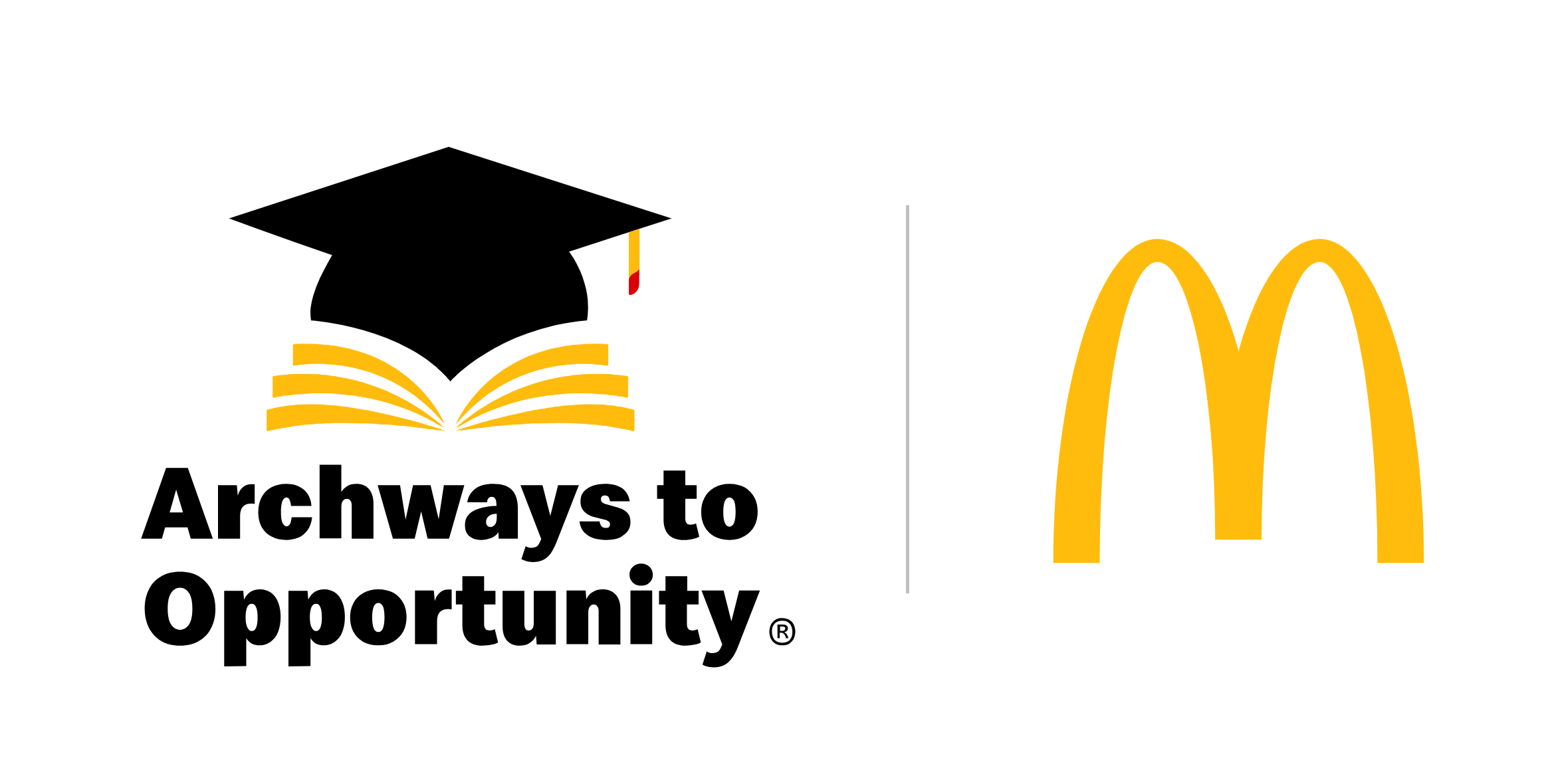Sponsorship Opportunities
Sponsor the Annual Conference
Every year, we are fortunate to have an amazing lineup of sponsors who are enthusiastic about getting their message in front of the most engaged audience of post-secondary leaders, workforce dynamos and HR rockstars for synergy.
If you are interested in sponsorship opportunities for 2026, please download our Sponsorship Prospectus or contact Matt Waltz at mwaltz@cael.org for more information.
.png?width=400&height=400&name=PITTSBURGH%20(11).png)
Who Attends the Annual Conference?
Attendees share a desire to improve the connections between education and career that drive adult learner success and equitable economic growth. We’re building on the momentum from 2024, and we will continue to bring together adult learning leaders from postsecondary institutions, workforce and economic development, and other organizations working to support and serve adult learners. These are the typical attendees at CAEL’s annual conference:
- Adult Learning specialists and advocates
- Leaders or practitioners of accelerated programs (i.e. 8-week) and/or online learning programs
- Employers investing in workforce education & training
- Prior Learning Assessment faculty and administrators
- Those interested in Competency-Based Assessment
- Government, labor, business, and educational professionals involved in workforce development programs and policy
- Executives and managers of nonprofits and community-based organizations working with adult learners
- Individuals involved in issues related to skills standards and employability
- College representatives interested in creating a more adult learning focused institution
- Human resource development and training professionals
- Continuing education professionals
Sponsor our Virtual Convening
Sponsor the CAEL Virtual Convening: Partner with us to share your commitment to building a robust education-to-work ecosystem. The CAEL Virtual Convening (April 21-22, 2026) will draw hundreds of decision-makers—including postsecondary leaders, workforce development professionals, and employers—all focused on maximizing talent pipelines, credential ROI, and innovative programs like apprenticeships and workforce Pell Grants.
-2.png?width=1563&height=1563&name=Untitled%20design%20(13)-2.png)
Secure your commitment for both events before March 31, 2026, to receive special bundled discounts.
THANK YOU TO OUR 2025 SPONSORS!
Diamond Sponsor

Platinum Sponsor
.jpg?width=335&height=122&name=collegeAPP%20logo%20-%20Andrea%20Shaw%20(1).jpg)
Gold Sponsors


-png.png?width=3548&height=948&name=EnGen%20Horizontal%20Logo%20-%20Primary%20-%20Amanda%20Taylor%20Adkins%20(1)-png.png)


.png?width=4224&height=2204&name=Sophia-Learning_Horizontal_RGB_Watermark_Update%20(1).png)

%20(1).png?width=3000&height=2000&name=Riipen%20Logo%20-%202023%20(1)%20(1).png)

Silver Sponsors


Ruby Sponsors
-png.png?width=1419&height=1046&name=CFF-Logo_Emblem-Gradient%20(1)-png.png)
.png?width=1187&height=293&name=CR-Full_Logo%20(1).png)
/Greater%20Texas%20Foundation%20Logo.png?width=706&height=90&name=Greater%20Texas%20Foundation%20Logo.png)
Bronze Sponsors


.png?width=1080&height=175&name=carrus_careerstep_logo_teal%20(1).png)



-1.png?width=499&height=78&name=myfootpath%20logo%20transparent%20(1)-1.png)

Looking to invest your sponsorship dollars beyond our annual conference?
Become a CAEL Collaborator! Engage and connect with CAEL members (postsecondary institutions, workforce solutions, organizations and individuals) who are passionate about supporting adult learners along their journey to academic and career success.

